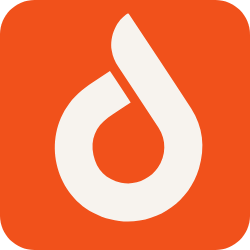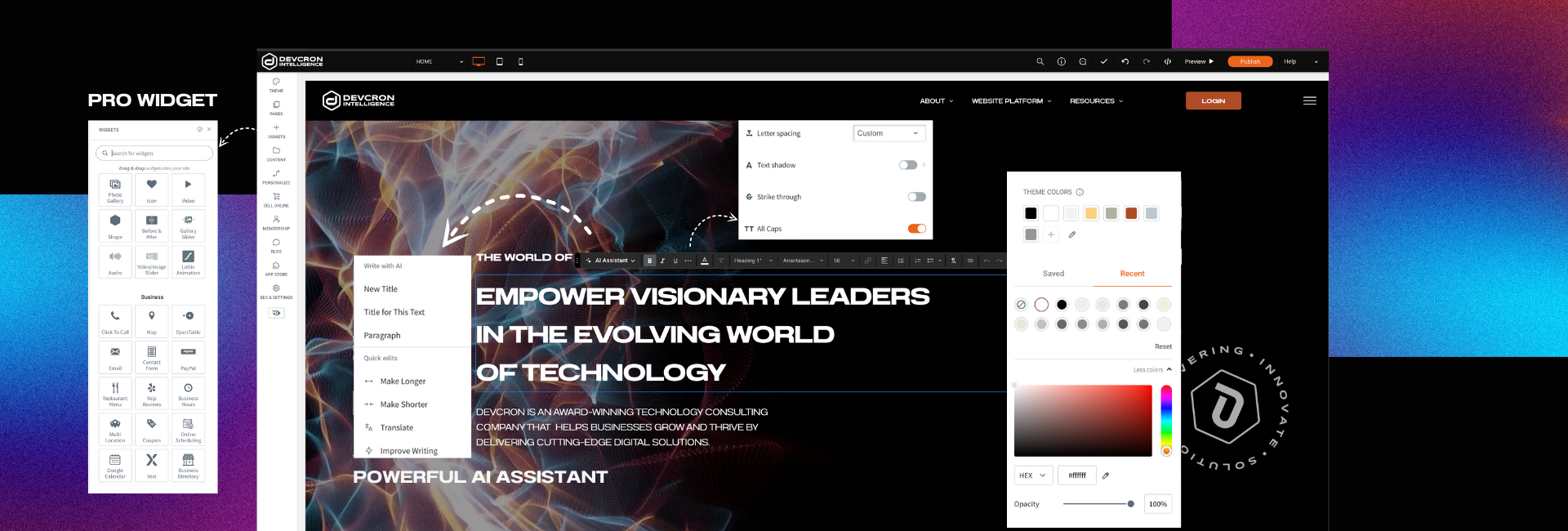Article
What programming language will come after Python?
What programming language will come after Python?

Python will come up in your travels whether you're looking to code to advance your career or learn a new skill.
Only in a fast-changing world has Python remained the most popular coding language since the 2010s. Programming, like everything else, is in constant flux.
History has only one consistent narrative, and that is one of change. So, which programming languages will stand up to Python in the future?
In this section, we'll go over which languages you're likely to encounter in a post-Python world.
Python's popularity stems from a variety of factors.
Python is popular among programmers because it is simpler to use than C++ and Java. Python is well-known for its simple programming syntax, code readability, and English-like commands, which make coding easier and more efficient than in other languages.
Python is simple to use because it emphasizes natural language. Python code executes faster than most of its competitors due to its ease of learning, making it ideal for newcomers.
'Pythonistas' have uploaded 145,000 customized software packages to an online repository, covering everything from gaming to astronomy, and these packages can be installed in seconds to a Python program.
Given its popularity among newbies, the programming language may appear to be unbeatable at the moment. Developers are switching to new tools in search of higher gains and performance levels, but change is on the way.
What do developers think about Python?
JetBrains just completed its annual State of Developer Ecosystem 2021 research, interviewing 31,743 developers from 183 countries and regions about everything from programming languages to lifestyle preferences.
Some of the report's significant takeaways included:
Python is more popular than Java in terms of general usage, while Java is more popular as a primary language.
JavaScript, Python, TypeScript, Java, and Go were the top five languages learned by developers in 2021.
Python, TypeScript, Kotlin, SQL, and Go are the five fastest-growing programming languages.
Despite Python's dominance, successful new programming languages are developing, including the developer's favorite Rust, a high-level language geared for performance and safety.
The majority of memory problems in programming occur when the application is executing. Rust ensures that errors like null or dangling pointers and data races never make it to production.
Because of its high level of safety, the language has increased in popularity among developers, and it was named the "most adored" programming language in the Stack Overflow Developer Survey for the fifth year in a row.
What exactly is rust?
Rust assists in performance and is comparable to the C and C++ programming languages. However, unlike them, Rust can ensure memory safety by implementing a borrow checker that enforces data ownership rules.
Its security procedures have worked so well that software behemoths like Firefox, Dropbox, and Cloudflare are now using Rust as their programming language.
Rust has a lot of support from the IT world.
Google is supporting a Rust-led initiative to help them redesign sections of the Linux kernel in order to address internal security issues. Microsoft is also looking to Rust to help them decrease issues in their Windows components.
Meanwhile, Facebook is strengthening relations with them by joining the Rust Foundation, a non-profit organization formed to promote Rust development and make it a "mainstream language of choice for systems programming and beyond."
The social networking behemoth joins a growing number of big firms that use Rust in some form, including Amazon Web Services (AWS), Google, Microsoft, and Mozilla.
Will Rust ever compete with Python?
Rust provides the same safety features as Python in that no single variable may accidentally overwrite itself. But, most importantly, Rust can fix performance problems, making it immensely popular among developers.
One problem that developers encounter on a regular basis is managing a computer's memory in a secure and effective manner.
Python contains a "garbage collector" that hunts for unused memory and cleans it up while the program is running, unlike C and C++ programmers must allocate and free memory on the fly.
What other languages are competing with Python?
Rust is gaining popularity, but it is not the only programming language that is threatening Python.
Go is a beginner-friendly programming language that is simpler to learn than Python. Furthermore, Go developers are among the highest paid on the market right now, making it one to keep an eye on. Google, the BBC, Uber, and Soundcloud are among the companies that use Go.
Julia is a new programming language that allows you to create large-scale technical projects without the need for Python or C++ libraries, making it a popular choice among developers. Julia is used by companies like as N26, Flitto, and Amber by inFeedo.
What comes after Python?
New While Rust, Go, and Julia are gaining traction among developers, Python has a significant edge because to its brand strength. It's the programming language that all non-coders quickly identify and that will undoubtedly bring comfort and assurance to beginners.
Python's dominance is unlikely to be challenged in the coming years, given its appeal among newcomers.
However, all empires fall, and given Python's current performance concerns, this one is no exception. It won't be surprising if its crown begins to tarnish.
share this
Related Articles
Related Articles
STAY UP TO DATE
GET LATEST UPDATES!
Receive bi-weekly updates and get a heads up on upcoming events.
Contact Us









